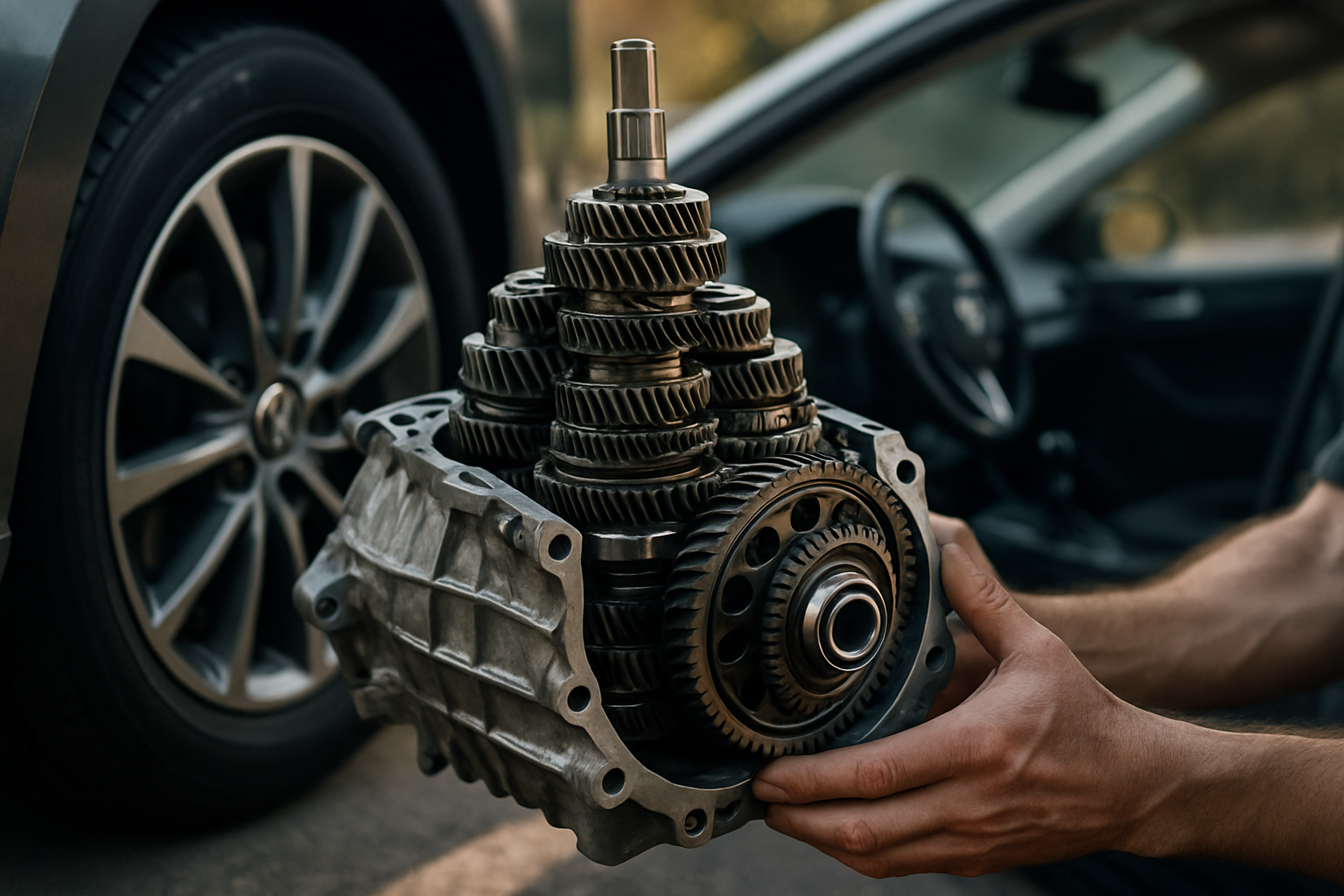Essential Guide to Purchasing Pre-Owned Vehicles
Purchasing a pre-owned vehicle represents a significant financial decision that requires careful consideration and thorough research. With millions of used cars changing hands annually, understanding the fundamental aspects of this market can help buyers make informed choices while avoiding costly mistakes. Whether you're a first-time buyer or an experienced purchaser, navigating the complexities of used car acquisition involves evaluating multiple factors that directly impact both immediate costs and long-term ownership satisfaction.

Key Factors to Check When Buying a Used Car
Vehicle inspection forms the cornerstone of any successful used car purchase. Begin with a comprehensive exterior examination, looking for rust, dents, scratches, and paint inconsistencies that might indicate accident damage or poor maintenance. Interior assessment should include testing all electrical components, air conditioning, heating systems, and verifying that seats, windows, and safety features function properly.
Under the hood, examine fluid levels, belt conditions, and listen for unusual engine noises. A professional pre-purchase inspection by a qualified mechanic can reveal hidden mechanical issues that might cost thousands in future repairs. Documentation verification is equally crucial - ensure the title is clean, registration is current, and any liens are properly disclosed.
Differences Between Dealership and Private Seller Offers
Dealership purchases typically offer greater consumer protections, including limited warranties, financing options, and standardized paperwork processes. Licensed dealers must comply with federal and state regulations, providing buyers with legal recourse if issues arise. Trade-in opportunities and certified pre-owned programs add additional value propositions for dealership transactions.
Private seller transactions often feature lower prices since sellers avoid dealership markup and overhead costs. However, buyers assume greater risks, including limited legal protections and “as-is” purchase conditions. Private sales require more due diligence regarding vehicle history verification, financing arrangements, and title transfers. Cash transactions are typically expected, though some sellers may accept certified payments.
How Mileage and Maintenance History Affect Value
Vehicle mileage directly correlates with depreciation rates and expected remaining lifespan. Industry standards suggest average annual mileage of 10,000-12,000 miles, making vehicles with significantly higher or lower mileage worth additional scrutiny. Low-mileage vehicles may indicate infrequent use, potentially leading to maintenance issues from prolonged inactivity.
Comprehensive maintenance records demonstrate responsible ownership and help predict future reliability. Regular oil changes, scheduled services, and prompt repairs typically indicate a well-maintained vehicle likely to provide reliable service. Missing maintenance documentation raises red flags about potential deferred maintenance or underlying mechanical problems that could result in expensive repairs.
| Expense Category | Dealership Purchase | Private Seller Purchase |
|---|---|---|
| Average Vehicle Price | $15,000-$35,000 | $12,000-$30,000 |
| Documentation Fees | $200-$800 | $50-$200 |
| Inspection Costs | Often included | $100-$300 |
| Warranty Options | $500-$2,500 | Not available |
| Financing Rates | 4%-12% APR | Bank/Credit Union rates |
Prices, rates, or cost estimates mentioned in this article are based on the latest available information but may change over time. Independent research is advised before making financial decisions.
Market research plays a vital role in determining fair pricing for any used vehicle. Online valuation tools provide baseline estimates, but local market conditions, seasonal demand, and specific vehicle features can significantly impact actual values. Regional preferences, climate considerations, and economic factors influence pricing variations across different geographic areas.
Vehicle history reports from services like Carfax or AutoCheck reveal crucial information about accidents, flood damage, previous owners, and title issues. These reports, while not comprehensive, provide valuable insights that can affect both safety and resale value. Cross-referencing multiple sources helps create a complete picture of any vehicle’s background and potential risks.
Financing considerations extend beyond monthly payments to include insurance costs, registration fees, and ongoing maintenance expenses. Pre-approval from banks or credit unions often provides better rates than dealer financing, while also establishing clear budget parameters before beginning the shopping process. Understanding total cost of ownership helps buyers make financially sound decisions.
Successfully purchasing a used vehicle requires balancing multiple factors including condition assessment, seller type preferences, and comprehensive cost analysis. Thorough preparation, patient research, and professional inspections can help buyers avoid common pitfalls while securing reliable transportation that meets both immediate needs and long-term budget requirements. Taking time to understand these fundamental elements ultimately leads to more satisfying ownership experiences and better financial outcomes.




